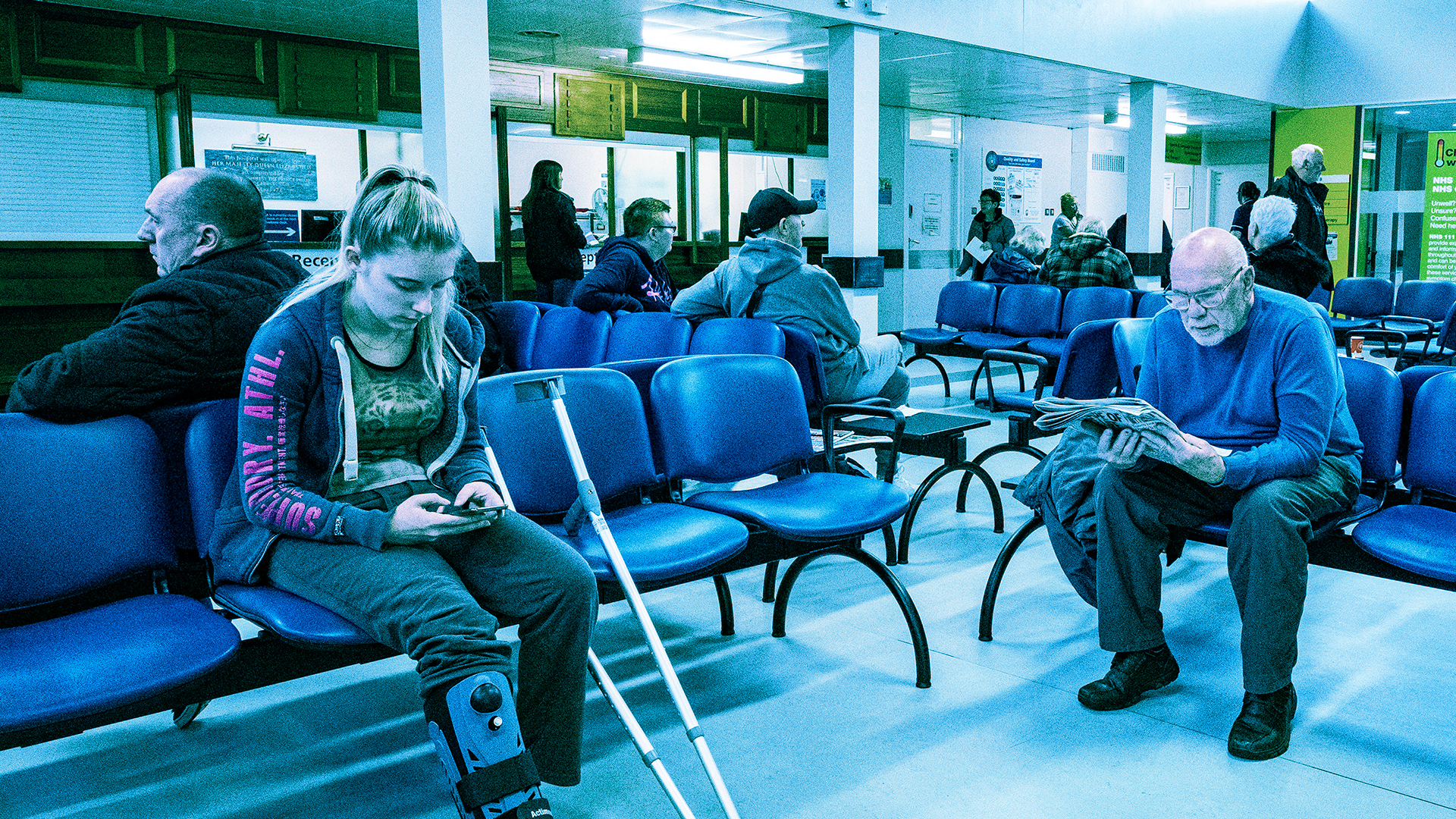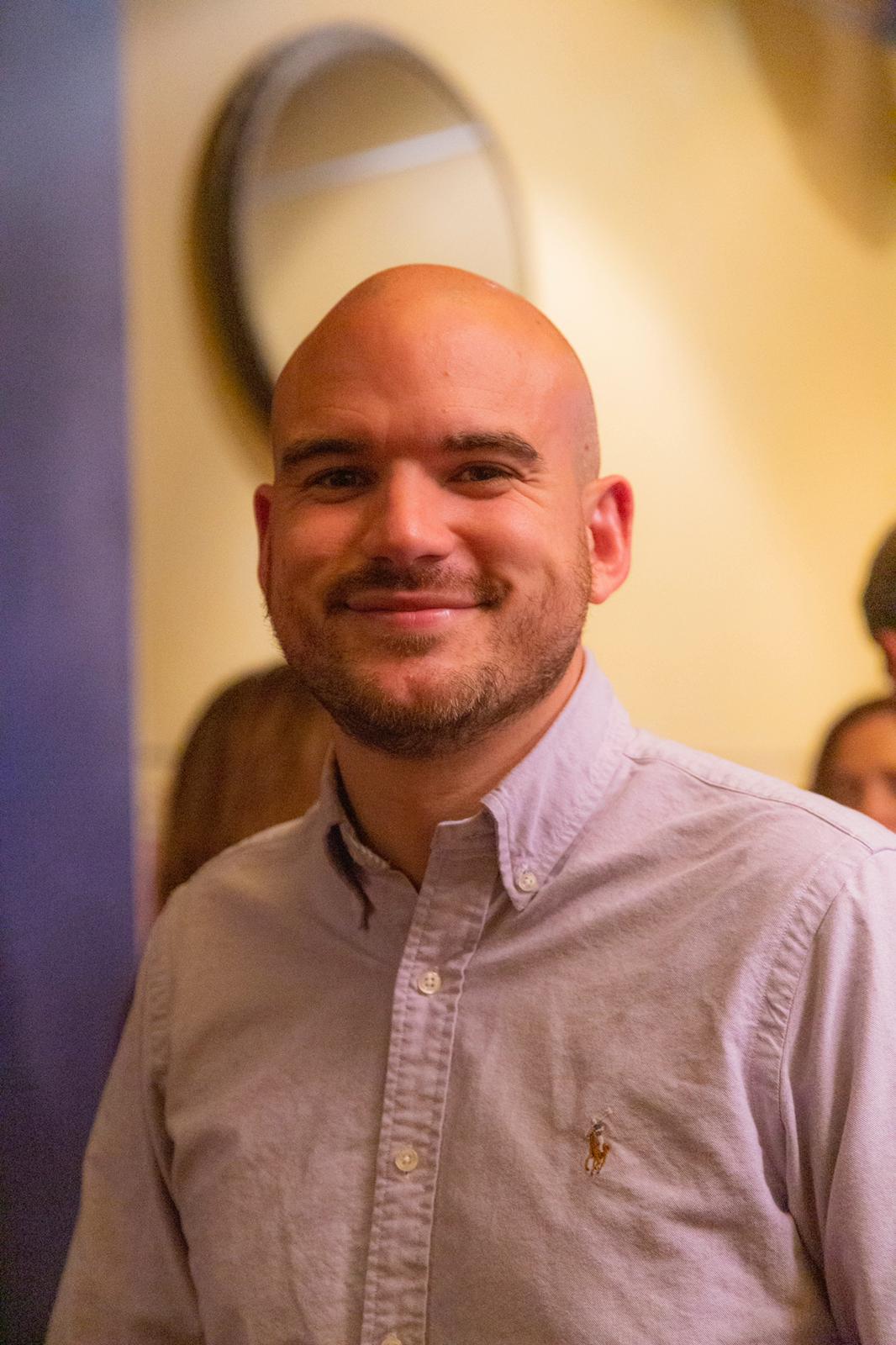World AIDs Day is a time of focus. Focus on those we’ve lost. Focus on those who are undiagnosed. Focus on ending an epidemic.
Because in the UK it is absolutely possible to end new cases of HIV by 2030. We have all the tools necessary to halt the spread of the virus. In fact, we could be the first country in the world to do it and it would be the first time the onward transmission of a virus is stopped without a vaccine or a cure. But turbo charging HIV testing – and fast – is vital.
So, where are we looking for those with undiagnosed HIV? It turns out they’re sitting in A&E. Waiting hours and hours for an appointment to see someone. Maybe about a broken arm. Maybe about something more serious. Maybe their health problem is due to an under lying health condition affecting their immune system – one they haven’t heard of since the 1980s.
For 18 months the NHS – at the insistence of organisations like Terrence Higgins Trust, National AIDS Trust and the Elton John AIDS Foundation – has been testing anyone having a blood test in A&E for HIV and hepatitis unless they specifically opt-out. But only in London, Brighton, Blackpool and Manchester. On average, one new person a day is found. While hundreds of others, previously diagnosed but not accessing care, have been reengaged with the support they need to live well. That means that, by any measure, the scheme has been a real triumph.
For most people, no news is good news. But for the 934 people diagnosed in A&E in those four cities, they are on a pathway to life changing treatment and a long healthy life. Because one pill a day can keep the virus at bay and ensure you cannot pass it on. That is how far we have come: those on HIV medication have zero chance of passing HIV to a sexual partner.
Not only are these numbers higher than anyone predicted, the diagnoses coming in A&Es are more likely to be in heterosexuals, women, people of Black ethnicity and older than those diagnosed in sexual health clinics. Many of them are diagnosed late but, crucially, before it is too late. In addition, it is relieving pressure in our hospitals. When Croydon Hospital started this pilot, the average stay on the ward of a newly diagnosed HIV patient was 35 days. It is now just a couple.










